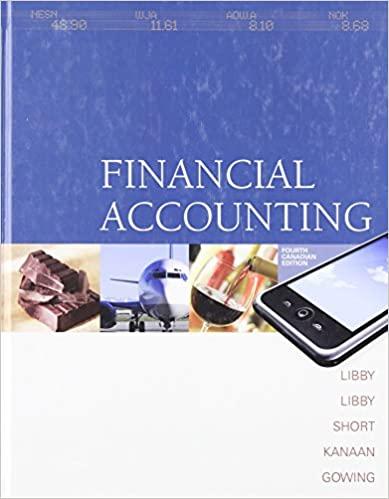Question
Accounts payable Accounts receivable Accumulated depreciationBuilding Accumulated depreciationEquipment Amortization expense Bonds payable Brokerage fee expense Building Cash Common stock, $10 par value Cost of goods


Accounts payable
Accounts receivable
Accumulated depreciationBuilding
Accumulated depreciationEquipment
Amortization expense
Bonds payable
Brokerage fee expense
Building
Cash
Common stock, $10 par value
Cost of goods sold
Debt investments - Available-for-sale
Debt investments - Held-to-maturity
Debt investments - Trading
Depreciation expenseBuilding
Depreciation expenseEquipment
Discount on bonds payable
Dividend revenue
Earnings from equity method investments
Equipment
Equity method investments
Fair value adjustment - Available-for-sale
Fair value adjustment - Stock
Fair value adjustment - Trading
Gain on retirement of bonds payable
Gain on sale of debt investments
Gain on sale of stock investments
Income summary
Interest expense
Interest payable
Interest receivable
Interest revenue
Inventory
Land
Loss on retirement of bonds payable
Loss on sale of debt investments
Loss on sale of stock investments
Notes payable
Paid-in capital in excess of par value, common stock
Paid-in capital in excess of par value, preferred stock
Paid-in capital, treasury stock
Preferred stock, $100 par value
Premium on bonds payable
Rental expense
Rental revenue
Retained earnings
Salaries expense
Sales
Sales discounts
Sales returns and allowances
Stock investments
Supplies
Supplies expense
Treasury stock
Unrealized gain - Equity
Unrealized gain - Income
Unrealized loss - Equity
Unrealized loss - Income
Step by Step Solution
There are 3 Steps involved in it
Step: 1

Get Instant Access to Expert-Tailored Solutions
See step-by-step solutions with expert insights and AI powered tools for academic success
Step: 2

Step: 3

Ace Your Homework with AI
Get the answers you need in no time with our AI-driven, step-by-step assistance
Get Started


